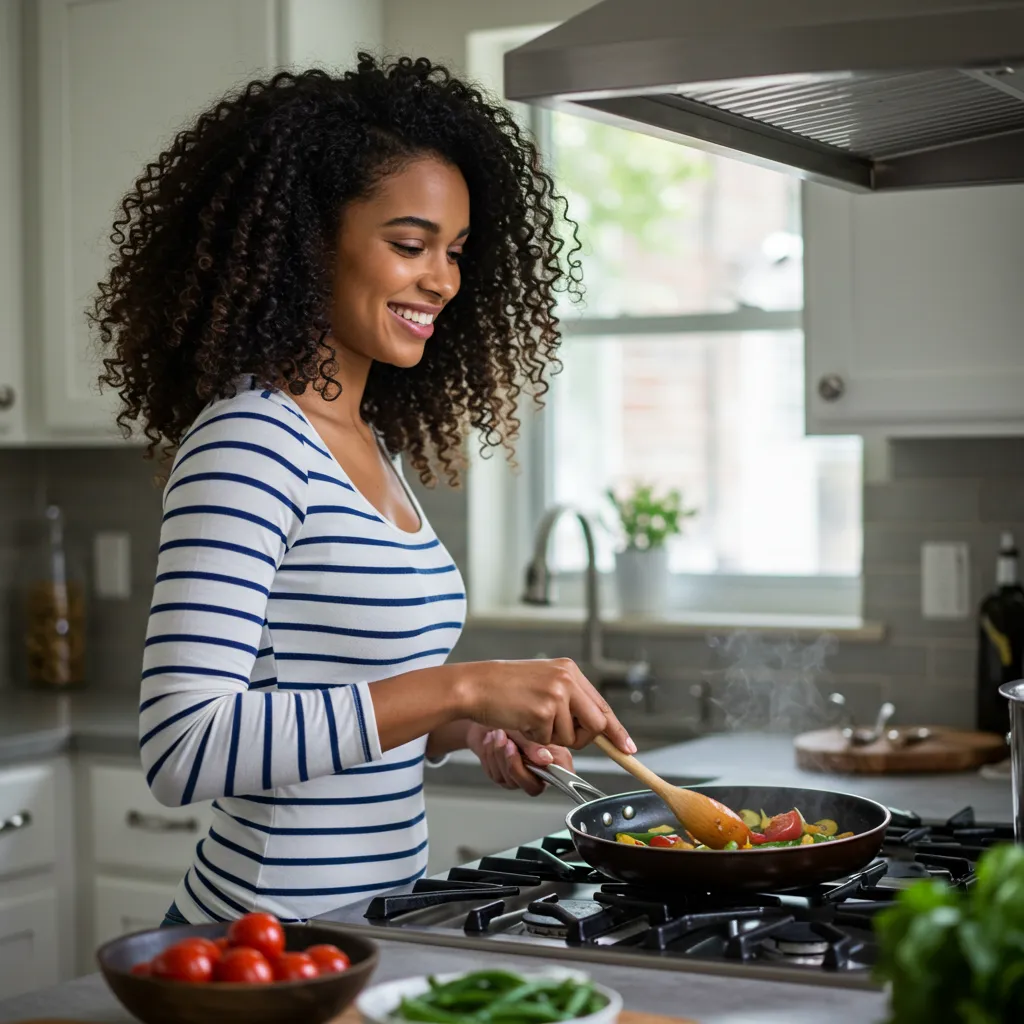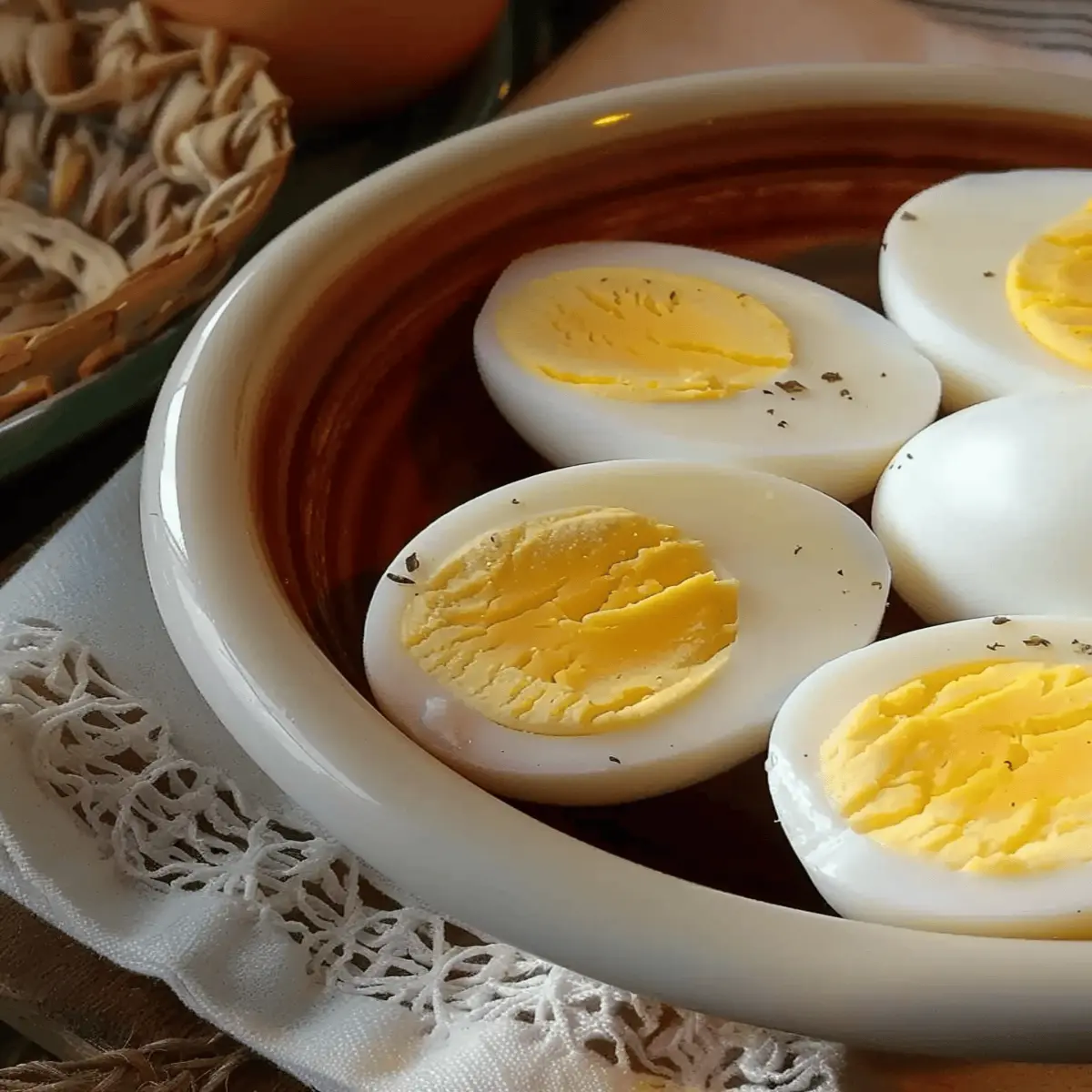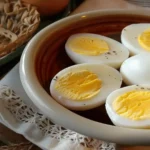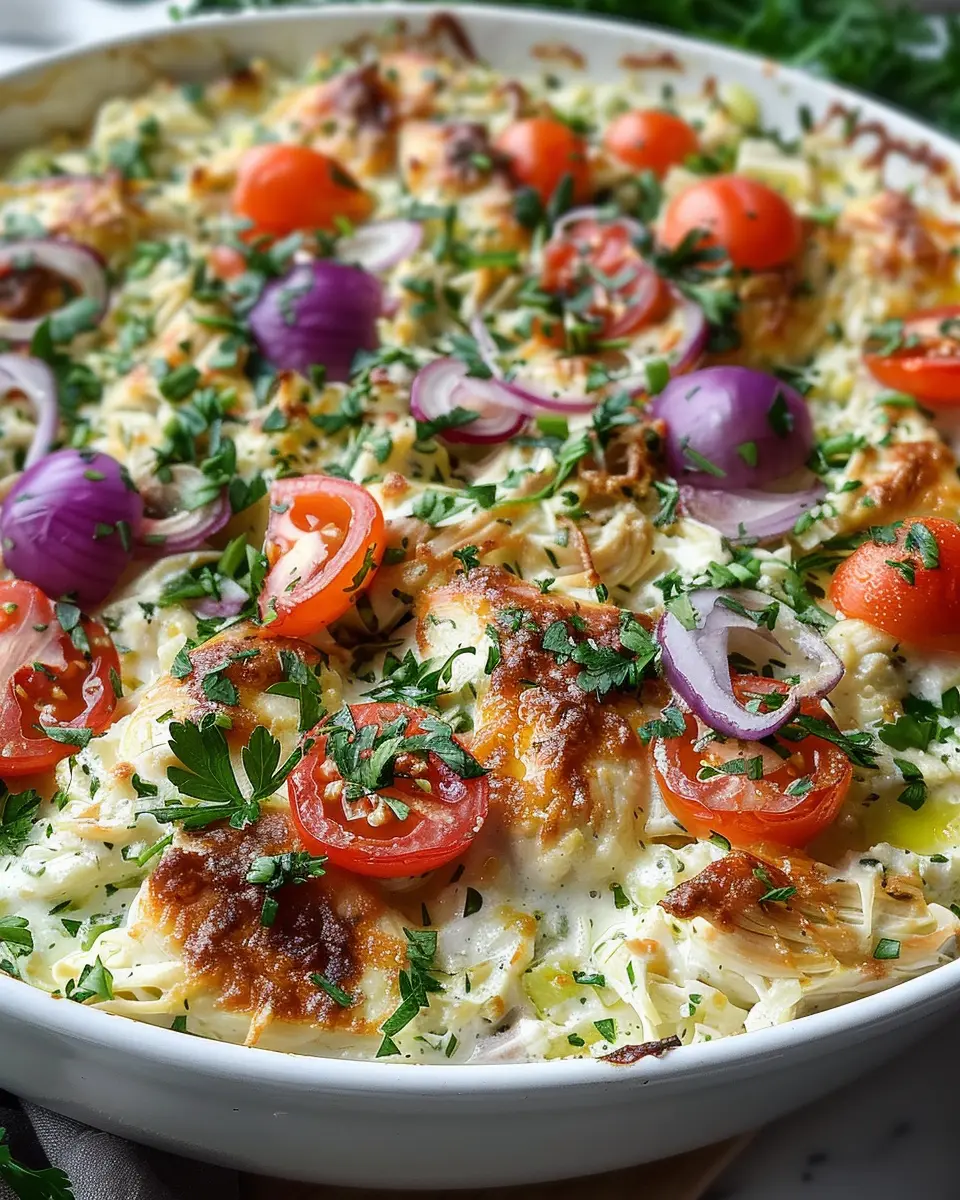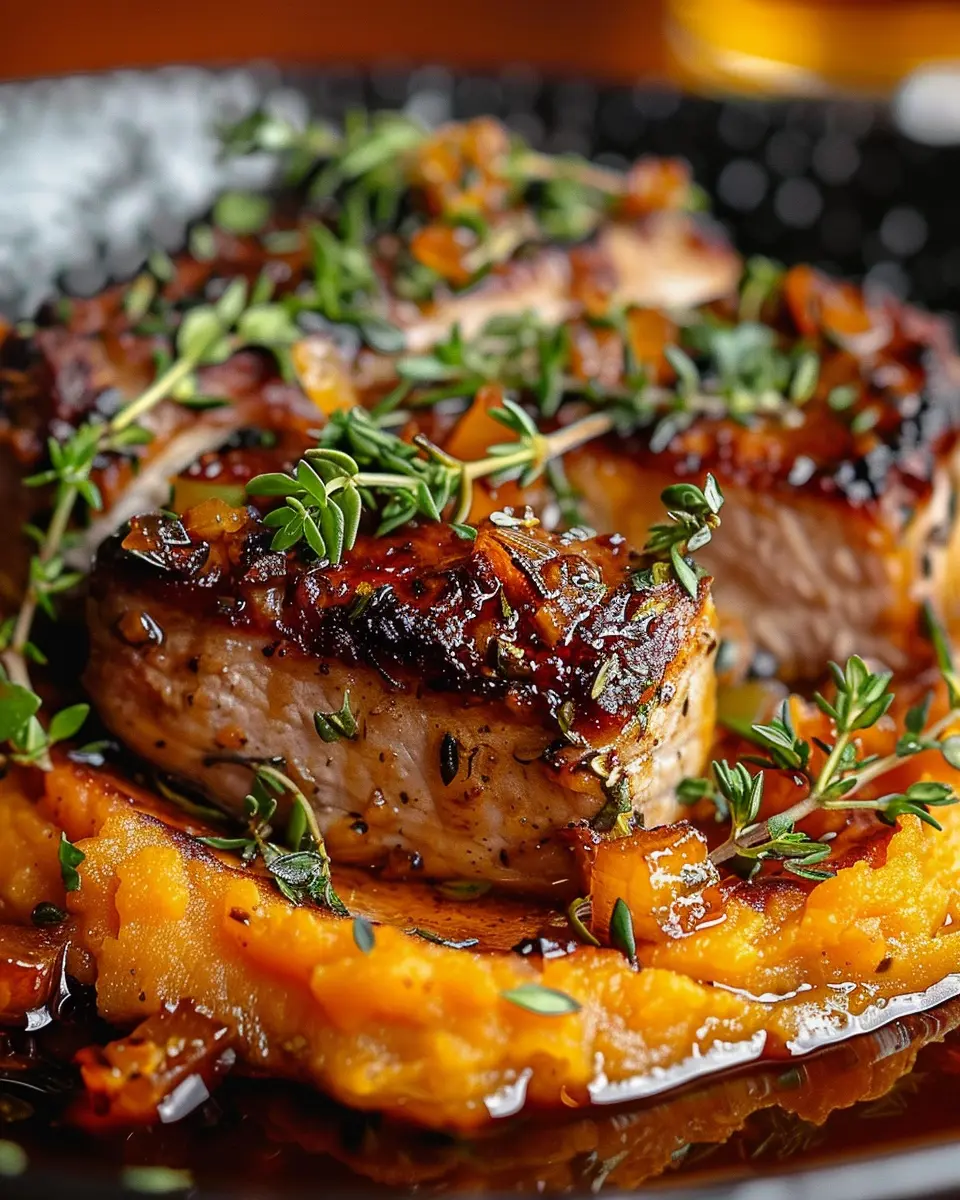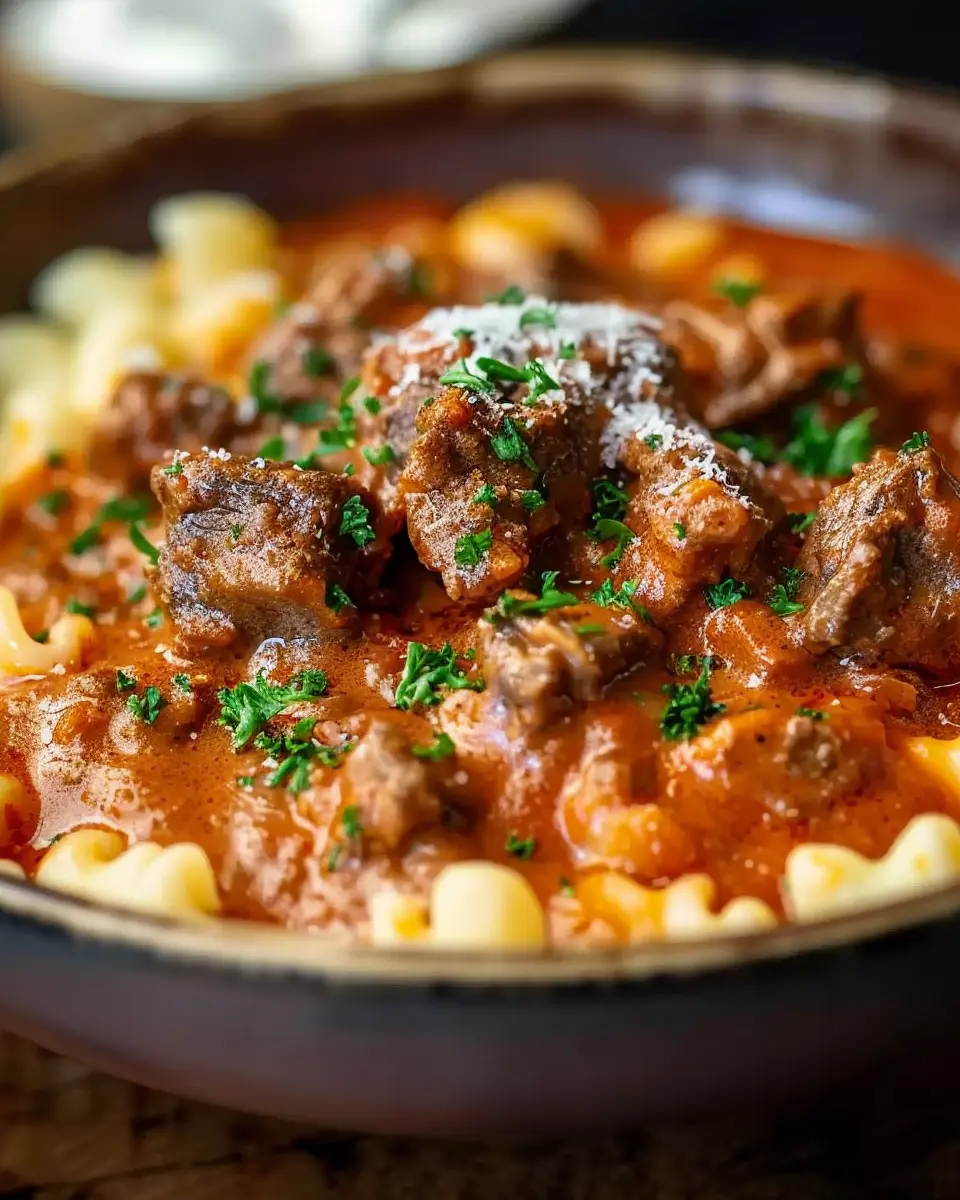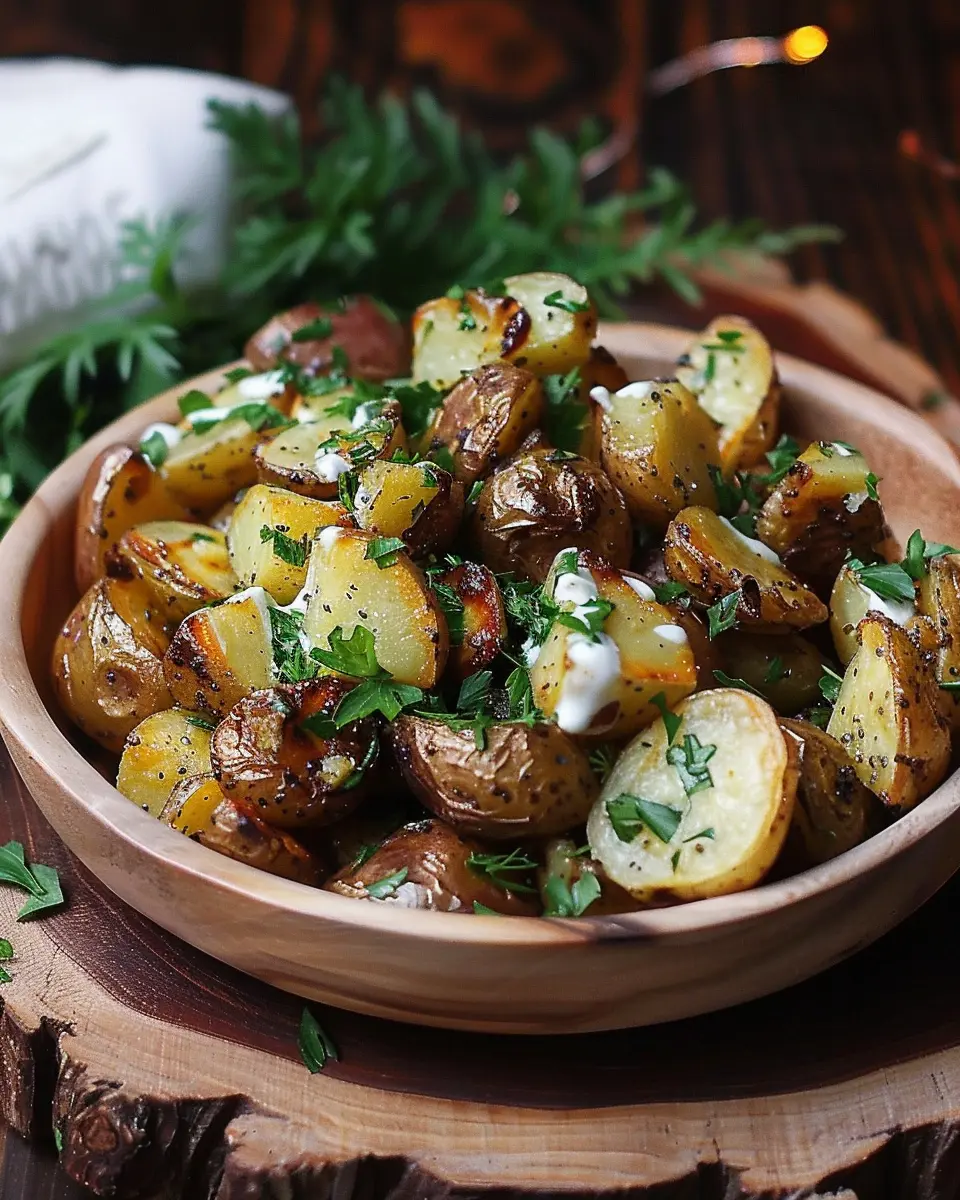Introduction to Boiled Eggs
When it comes to quick, nutritious, and versatile ingredients, boiled eggs are often at the top of the list. They’re not just a breakfast item; they can easily enhance your meals, snacks, or even stand alone as a high-protein option. Whether you’re a busy professional or a culinary enthusiast, knowing how to master the perfect boiled egg can transform your cooking game.
Why Boiled Eggs Are a Kitchen Staple
So, why are boiled eggs such a beloved kitchen staple? For starters, they are incredibly easy to prepare. With minimal ingredients and effort, you can whip up a batch that’s perfect for salads, sandwiches, or even as a snack on the go. According to the USDA, a large boiled egg packs about 6 grams of protein and only 70 calories, making it an excellent choice for those looking to maintain a balanced diet without sacrificing flavor.
But the allure of boiled eggs doesn’t stop there. They are remarkably nutritious as they contain essential vitamins and minerals like Vitamin D, Vitamin B12, and selenium. The key lies in their versatility: you can season them with salt and pepper for a simple treat or transform them into luxurious deviled eggs for a party. The possibilities are endless, and that makes them a favorite among home cooks and gourmet chefs alike.
Cooking boiled eggs also allows for flexibility. If you prefer your yolks slightly runny, a six-minute boil might be your magic number. For a fully hard-boiled egg, aim for eight to ten minutes—it’s all about personal preference! If you want to explore more variations, check out this comprehensive guide on boiled egg cooking times.
And let’s not forget the environmental aspect. Eggs are one of the most sustainable protein sources available, as highlighted by organizations like the EPA. They require less land and water than many other animal products.
Incorporating boiled eggs into your meal planning not only fosters healthier eating habits but also encourages creativity in the kitchen. Why not give them a try? You might just find your new secret ingredient!
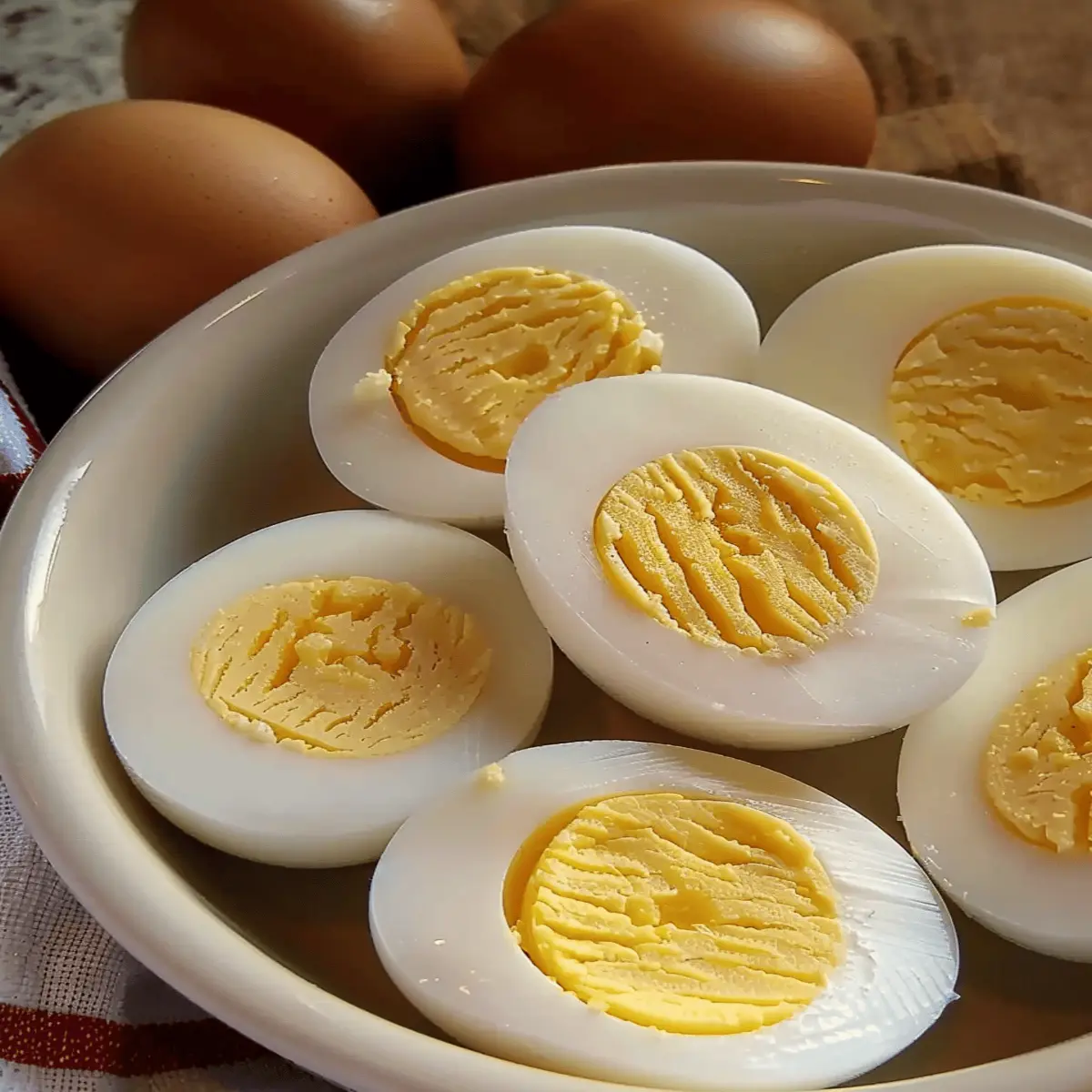
Ingredients for Boiled Eggs
Basic Ingredients for Perfect Boiled Eggs
To whip up delicious boiled eggs, you don’t need much—just a few simple ingredients! Here’s what you’ll need:
- Eggs: The star of the show! Choose large or extra-large eggs for consistent results. Fresh is best; check the pack for the sell-by date.
- Water: Enough to cover the eggs by about an inch. Use filtered water if you can—it makes a noticeable difference!
- Ice: A bowl of ice water is essential for stopping the cooking process once the eggs are done. It also helps in making the shells easier to peel.
- Salt (optional): Adding a little salt to the boiling water can help prevent cracking and ease peeling later. Some say it even imparts a better flavor!
Do you ever wonder how to get that perfect, creamy yolk? According to experts, the timing is everything. For detailed techniques, check out resources like The Kitchn or Serious Eats to elevate your skills!
Remember, practice makes perfect, and soon you’ll be a pro at making the best boiled eggs.
Preparing Boiled Eggs
Boiled eggs are a classic staple in many kitchens, prized for their simplicity, versatility, and nutritional benefits. Whether you’re prepping a refreshing salad, making a protein-rich breakfast, or snacking on them straight from the shell, knowing how to boil eggs properly can elevate this humble dish. Let’s dive into the process step by step to ensure your boiled eggs are perfect every time.
Choose the Right Eggs
When it comes to boiling eggs, the freshness of your eggs can significantly influence the outcome. Here are a few points to consider:
- Avoid ultra-fresh eggs: Surprisingly, slightly older eggs are easier to peel. Fresh eggs tend to stick to the shell, making them more challenging to manage after boiling. Aim for eggs that are at least a week old for the best peeling results.
- Quality matters: Organic or pasture-raised eggs often provide a richer flavor and better nutritional profile. According to a study by the American Egg Board, these eggs might also have a more vibrant yolk.
- Size considerations: Most standard recipes assume you’re using large eggs, so if you’re using medium or extra-large, be sure to adjust your cooking time slightly.
Prepare the Boiling Water
The next step to achieving those ideal boiled eggs is to prepare your boiling water correctly. Here’s how:
- Fill your pot: Choose a pot large enough to hold your eggs in a single layer. Fill it with enough water to cover the eggs by about an inch.
- Add salt and vinegar (optional): Some people swear by adding a teaspoon of salt or a splash of vinegar to the water. This can help prevent the eggs from cracking and make peeling easier later. While it’s not strictly necessary, it’s worth trying if you’re seeking the perfect texture.
- Bring to a boil: Place the pot on the stove over medium-high heat and bring the water to a full rolling boil. Keep an eye on it, as you’ll want to move quickly once it reaches that point.
Boil the Eggs
Now comes the fun part! With your water boiling, it’s time to add the eggs.
- Gently lower the eggs: Use a slotted spoon or a steaming basket to gently place each egg into the boiling water. This prevents any cracking from the sudden temperature change.
- Timing is crucial: Boil the eggs for the desired doneness:
- Soft boiled: 4-6 minutes
- Medium boiled: 7-9 minutes
- Hard boiled: 10-12 minutes
- Cooking tip: For perfect results every time, consider investing in a timer or using an app to keep track. Consistency is key!
Cool the Eggs
After the timer goes off, it’s essential to cool the eggs quickly to stop the cooking process.
- Ice bath: Prepare a bowl of ice water while the eggs are boiling. Once the time is up, use a slotted spoon to transfer the eggs into the ice bath. Let them sit for about 5-10 minutes, allowing them to cool completely.
- Why ice bath?: This method not only helps in stopping the cooking process but also makes peeling easier!
Peel and Enjoy
Finally, you’ve made your delicious boiled eggs! Now, let’s get to peeling:
- Start tapping: Gently tap the egg on a hard surface to crack the shell. You can then roll it between your palms to loosen the shell.
- Peeling tips: Begin peeling from the larger end, where there’s usually a small air pocket—this can help in getting under the shell more easily.
- Enjoy your creation: Whether you slice them up for a salad, season with salt and pepper, or turn them into an exquisite deviled egg dish, the options are endless.
Now that you know how to prepare perfectly boiled eggs, you’re ready to impress at your next brunch or snack time. Experiment and have fun with your recipes—after all, a good boiled egg opens the door to a myriad of culinary delights!
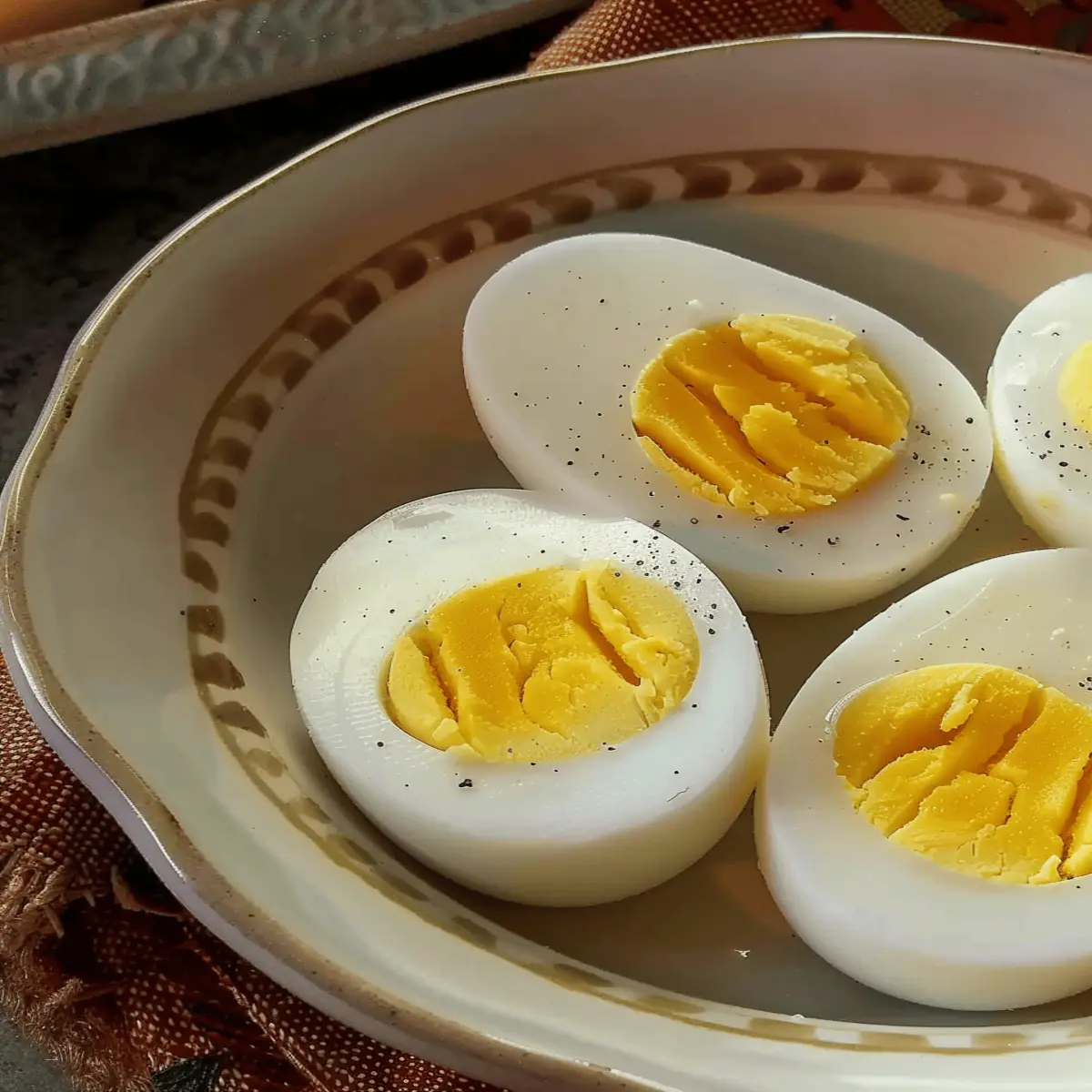
Variations on Boiled Eggs
Boiled eggs are truly a versatile ingredient that can elevate your meals in delightful ways. Let’s explore some scrumptious variations that can easily fit into your busy lifestyle.
Hard-boiled Eggs for Salads
Hard-boiled eggs are an excellent source of protein and make a perfect addition to salads. Chopped and sprinkled over your favorite leafy greens, they add creaminess and texture. Try this simple combination: diced hard-boiled eggs, mixed with arugula, cherry tomatoes, and a drizzle of balsamic vinaigrette. Not only is this salad vibrant, but it’s also nutrient-dense—a perfect fit for a quick lunch break. For more tips on salad composition, you might enjoy this How to Build a Better Salad guide.
Soft-boiled Eggs for Breakfast
If you’re looking to kickstart your day, soft-boiled eggs are a game changer. Imagine a warm, runny yolk that pairs beautifully with toast or avocado. Preparing soft-boiled eggs only takes about 6-7 minutes, and they’re ideal for adding to grain bowls or enjoying solo with a sprinkle of salt and pepper. Have you thought about incorporating them into your weekday breakfast routine? You might just find your mornings become much more exciting.
Deviled Eggs for Parties
What’s a gathering without deviled eggs? These bite-sized delights are perfect for any occasion and can be whipped up in no time. To make them, simply mash the yolks with mayo, mustard, and a hint of paprika before spooning back into the egg whites. Experiment with flavors by adding bacon bits, dill, or sriracha for an exciting twist. For inspiration, head over to this Deviled Eggs Recipe that’s sure to impress your guests.
These variations on boiled eggs will not only diversify your meals but also keep things nutritious and satisfying. Happy cooking!
Cooking Tips and Notes for Boiled Eggs
Avoiding Green Yolks
Ever cut into a perfectly boiled egg only to discover that unsightly green ring around the yolk? No thanks! This happens when boiled eggs are overcooked. To avoid this, stick to a simple rule: once your water reaches a rolling boil, reduce the heat to medium or medium-low after adding the eggs. Aim for a cooking time of about 9-12 minutes, depending on how firm you like your yolks. For an in-depth look at egg cooking methods, check out this guide on Serious Eats for great timing tips.
Ensuring Easy Peeling
Peeling boiled eggs can be a hassle, right? Here’s a trick: use older eggs. Fresh eggs tend to stick more to the shell, making peeling a pain. If you’re looking for a way to handle this while keeping it convenient, consider buying some eggs a week in advance. Also, after boiling, plunge your eggs directly into an ice bath for about 5-10 minutes. This shock helps separate the membrane from the shell, making peeling a breeze. For more insights, you can find expert opinions on egg handling at Food Network.
Happy cooking!
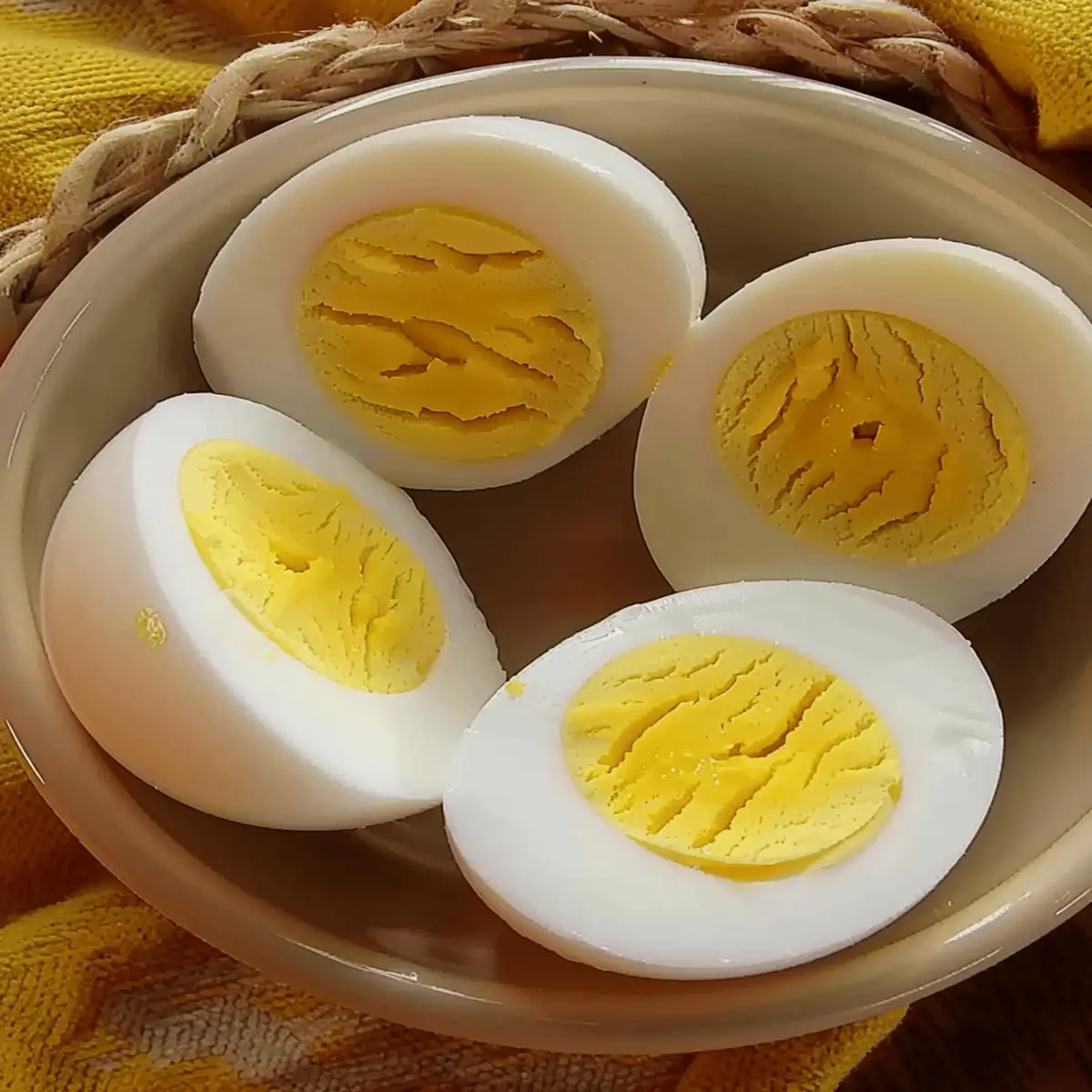
Serving Suggestions for Boiled Eggs
Classic Egg Salad
One of the simplest and most delicious ways to enjoy boiled eggs is by making a classic egg salad. Just chop up your eggs and mix them with creamy mayonnaise, a bit of mustard, salt, and pepper to taste. For extra flavor, consider adding:
- Finely diced celery or green onions for a nice crunch
- A sprinkle of paprika or dill for a touch of elegance
- A dash of hot sauce if you like a little heat
Spread your egg salad on whole-grain bread for a satisfying sandwich, or serve it in lettuce wraps for a low-carb option. Whichever way you choose, it’s a meal that’s both filling and easy to whip up during a busy week.
Tasty Avocado Toast Topping
Looking to elevate your breakfast game? Try using boiled eggs as a topping on avocado toast. Simply mash up ripe avocado on toasted whole grain bread, then slice your boiled eggs over the top. Drizzle with:
- Olive oil for richness
- A sprinkle of sea salt and pepper for balance
- Red pepper flakes for a spicy kick
This combination not only looks stunning but packs a nutritional punch too. In fact, avocados contain nearly 20 vitamins and minerals, making this dish both tasty and healthful! Plus, it’s a great way to get a filling meal in before starting your busy day.
For more inspiration, check out this site on healthy eating to fuel your culinary creativity!
Time breakdown for Boiled Eggs
Preparation Time
Getting your ingredients ready for boiled eggs is quick and easy. Set aside about 5 minutes to pull out your eggs, a pot, and enough water to cover them completely. If you like, you can also prepare any seasonings or toppings during this time.
Cooking Time
The actual cooking time for boiled eggs varies based on your preferred level of doneness:
- Soft-boiled: 4-6 minutes
- Medium-boiled: 7-9 minutes
- Hard-boiled: 10-12 minutes
Make sure to time this part accurately for the perfect texture!
Total Time
Adding it all up, you’re looking at approximately 15-20 minutes from start to finish. This means you can whip up a batch of boiled eggs even on a busy morning. Plus, they make for a great snack or addition to salads. For more tips on cooking eggs, you might find this guide from Serious Eats quite useful. Happy cooking!
Nutritional Facts for Boiled Eggs
When you’re looking for a quick and nutritious snack, boiled eggs might just be your perfect choice. Let’s break down the nutritional profile to see why they deserve a spot in your diet.
Calories
A large boiled egg typically contains about 68 calories. This makes it a low-calorie option that helps satisfy your hunger without packing on the pounds — ideal for busy young professionals like you.
Protein
One of the standout benefits of boiled eggs is their protein content. Each egg offers approximately 6 grams of high-quality protein, which is essential for muscle repair and overall satiety. Including them in your meals can help keep your energy levels stable throughout a hectic day.
Fat Content
In terms of fat, a large boiled egg has about 5 grams. Most of this fat is healthy, unsaturated fat, making it a great addition to your diet when consumed in moderation. Plus, the fat content plays a vital role in nutrient absorption, which is important for overall health. For more on healthy fats, check out this Harvard Health article.
Incorporate boiled eggs into your breakfast or snacks, and you’ll not only enjoy their versatility but also reap the many health benefits they offer.
FAQs about Boiled Eggs
When it comes to boiled eggs, it’s common to have a few questions. Let’s dive into some frequently asked queries that can help you master this simple yet versatile food.
How long to boil eggs?
The perfect cooking time for your boiled eggs largely depends on how you like them. Here’s a quick guide:
- Soft-boiled: 4-6 minutes for a runny yolk.
- Medium-boiled: 7-9 minutes for a custard-like yolk.
- Hard-boiled: 10-12 minutes for a fully cooked yolk.
Start timing once the water reaches a boil, and remember that altitude can affect cooking times. For detailed insights, check out Serious Eats for expert advice.
What’s the best way to peel boiled eggs?
Peeling can sometimes feel like an art! To make it easier:
- Choose slightly older eggs—fresh eggs are notoriously hard to peel.
- After boiling, transfer the eggs directly to an ice bath for about 5-10 minutes.
- Gently tap the egg on a hard surface and roll it to crack the shell, starting at the wider end where the air pocket usually resides.
These steps can significantly reduce the chances of your egg whites coming off with the shell!
Can I store boiled eggs?
Absolutely! You can store boiled eggs in the refrigerator for up to one week. Just keep them in their shells to maintain freshness. If you’ve peeled them, place them in an airtight container submerged in water. This keeps them from drying out. For more tips on food storage, visit the USDA’s Food Safety page.
Feel free to experiment with flavors by adding seasonings or using them in salads or sandwiches. Enjoy your cooking adventures!
Conclusion on Boiled Eggs
Recap of the Benefits and Versatility of Boiled Eggs
Boiled eggs are a powerhouse of nutrition, packed with protein, vitamins, and minerals. They’re not just quick to make; their versatility is impressive! Whether you toss them into a salad for added sustenance or enjoy them as a standalone snack, boiled eggs adapt to any meal or occasion effortlessly.
Consider the ease of meal prep—boiled eggs last in the fridge, making them perfect for busy professionals. Curious about their health benefits? Check out this Harvard Health article for more insights.
Incorporating boiled eggs into your diet can lead to feeling more energized and satisfied throughout the day. So, why not give them a try? Your taste buds and your body will thank you!
PrintBoiled Eggs Made Perfect: The Easy Way to Gourmet Bliss
Learn how to make the perfect boiled eggs with this easy guide. Achieve gourmet bliss with simple steps!
- Prep Time: 5 minutes
- Cook Time: 10 minutes
- Total Time: 15 minutes
- Yield: 6 servings 1x
- Category: Breakfast
- Method: boiling
- Cuisine: American
- Diet: gluten-free
Ingredients
- 6 large eggs
- 1 tablespoon vinegar
- 1 teaspoon salt
Instructions
- Place the eggs in a pot and cover them with cold water.
- Add vinegar and salt to the water.
- Bring the water to a boil over medium heat.
- Once boiling, cover the pot and remove it from heat.
- Let the eggs sit in hot water for 9-12 minutes depending on desired doneness.
- Transfer the eggs to an ice bath to cool before peeling.
Notes
- For a creamier yolk, aim for a shorter cooking time.
- Add more salt for easier peeling.
Nutrition
- Serving Size: 1 egg
- Calories: 68
- Sugar: 0.6
- Sodium: 63
- Fat: 5
- Saturated Fat: 1.6
- Unsaturated Fat: 3.6
- Trans Fat: 0
- Carbohydrates: 0.6
- Fiber: 0
- Protein: 6
- Cholesterol: 186
Keywords: Boiled Eggs, Cooking Eggs, Egg Recipes
